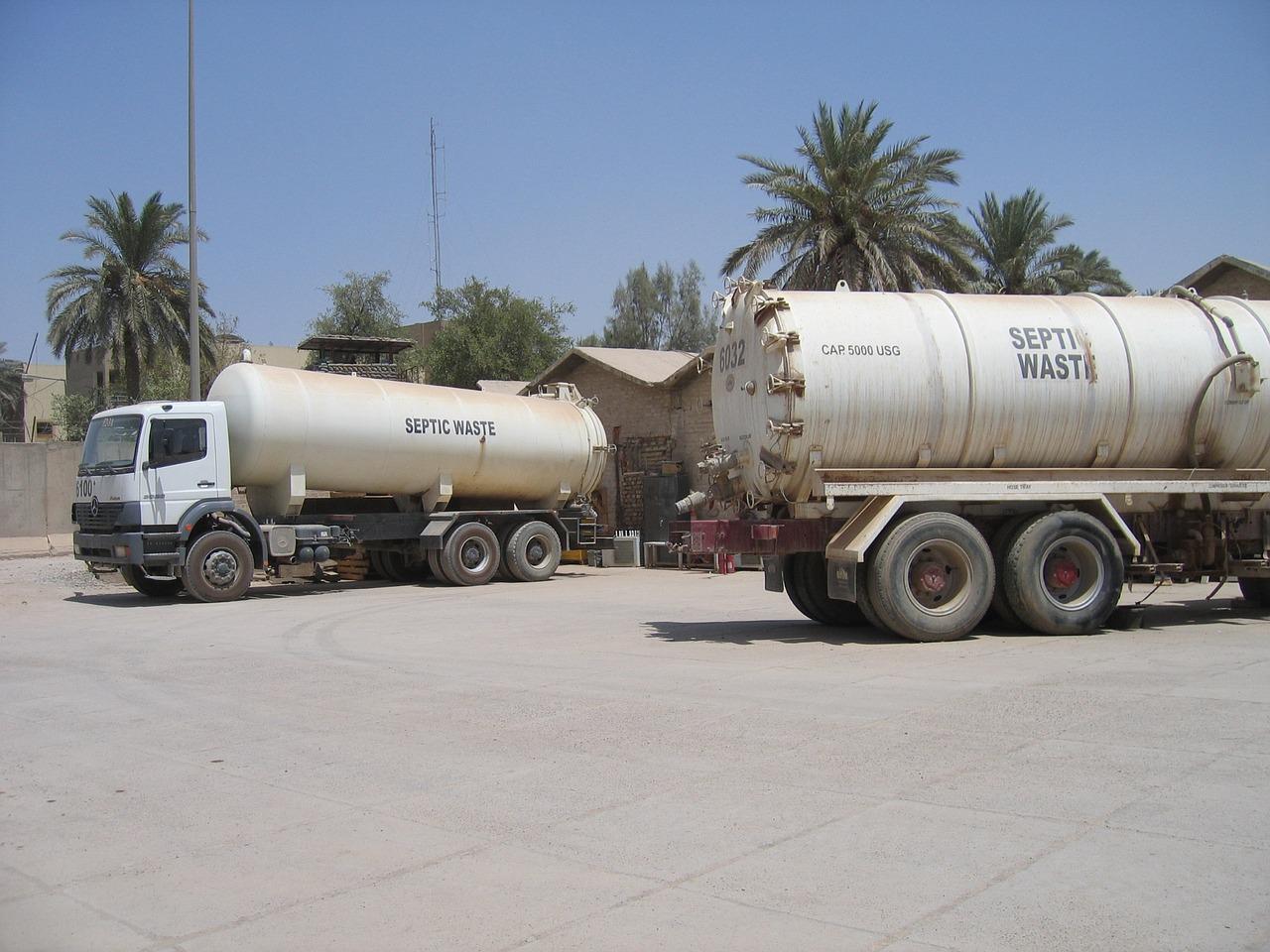For many homeowners in New England, a septic system is a normal part of life, and one that you don’t think about very often. But septic systems need routine maintenance—and the consequences of ignoring that maintenance aren’t fun.
Overview: What is Normal Septic Maintenance?
When it’s working well, you probably don’t have to think much about your septic system at all, but it’s worth knowing the basics of how they work. Your septic system filters all liquid waste, and the solids and oils are separated out within the tank, before the water is released into the leach field, where it filters safely.
Occasionally having your septic system pumped is a normal part of maintenance. Eventually, the solids and oils in the tank take up too much space, at which point the tank needs to be pumped so that there is room for the filtration process to occur.
The EPA typically recommends regular service every 3 years and pumping every 3–5 years. This frequency can depend on the size of your family, the size of the septic tank, and the amount of wastewater generated. In addition, some systems may need service more often, particularly those with specialized pumping systems.
How Do I Know My Septic Tank Should Be Pumped?
If you recently moved into a home with a septic system and you don’t know when it was last serviced, we recommend getting service right away to make sure there aren’t any concerns that you should know about.
Even if your septic system is on a regular maintenance schedule, there are many factors that can affect your system that might require it to be pumped sooner than usual.
Some warning signs that you should have your septic system looked at, and that you might need your septic system pumped earlier than expected:
Odors, either inside at drains or outside near the tank and leach field: if the tank is backed up too far, it won’t filter properly, which can result in liquid waste being backed up or expelled into your leach field.
Slow drains or difficulty flushing: if the tank is very full, the pressure balance in the septic tank can get disrupted, which makes it more difficult for waste to be flushed down drains.
Dampness on the lawn or particularly lush grass: if the tank isn’t filtering or draining correctly, the foliage around your septic tank may get an extra boost of water and nutrients. While this may look pretty, it’s a sign that there might be trouble ahead.
What Will A Septic Technician Do?
Typically, when you need your septic system pumped, a technician will come with a truck that is specially designed for the purpose. After they take the lid off your septic tank, they will insert a hose that will be able to extract most of the solids from the tank.
Note that if your leach field has been overflowing, the lawn around your septic tank may be much softer than usual, which can make it more difficult to access without damaging the grass. If you have concerns about the firmness of the ground, make sure to let the technician know before they come out.
If your septic system has overflowed substantially, it’s possible that your septic leach field has experienced damage as well. In order to make sure that your septic system stays safe for years to come, you may want to talk to someone about leach field rejuvenation after the system has been pumped and serviced.
Have more questions about how to maintain your septic system? Contact us for more information!


